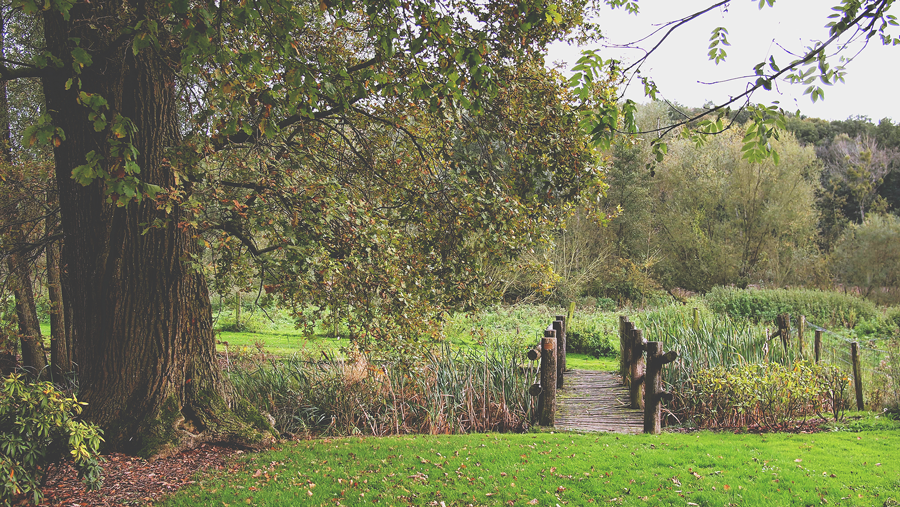The newly passed Senate Bill 580 amends Section 13 of ORS 671.690 by creating a new bond tier in order to protect consumers from any harm resulting from the actions of a landscape contractor. The maximum bond amount was previously set at $15,000 and was required of any applicant who charged $25,000 or more for a job. The new legislation keeps the $15,000 amount in effect, however, it is insufficient to cover jobs in which the contractor charges $50,000 or more, because they must now provide the Oregon Landscape Contractors Board (LCB) with a $20,000 surety bond.
In the event that the contractor’s work is determined to be negligent or improper, or a breach of an oral or written contract has occurred, the consumer may make a claim against the bond in order to recoup any losses in which the contractor is at fault. The surety company will then pay out up to the full amount of the bond in order to settle the claim, at which point they will collect reimbursement from the principle.
What are the licensing requirements?
While the term “landscape contractor” seems to imply tasks such as mowing and edging, the LCB has a specific list of work a person or business may engage in that would require them to obtain a license as a landscape contractor. The list includes the following:
- Plan or install new plantings or create new planting areas
- Install or repair irrigation systems or maintain irrigation systems with the use of compressed air
- Plan, install, maintain, or repair arbors, decks, patios, driveways, fences, retaining walls, walkways, concrete landscape edging or ornamental water features
- Install, maintain or repair drainage systems and ornamental water features
Before being able to legally engage in any of the work listed above, individuals must first obtain two licenses—a Landscape Construction Professional License and a Landscape Contracting Business Application.
The Landscape Construction Professional License is typically the first of the two licenses that applicants receive. In order to acquire the license, an application and fee must be submitted to the LCB, followed by an exam. Once the exam for the desired phase is passed, the applicant must send in a $100 license fee before the license card is issued and mailed.
Before becoming a fully licensed landscape contractor, applicants must also receive their Landscape Contracting Business License, which may be done by following the instructions below:
- Set up a business entity (LLC, corporation, etc.)
- Set up accounts with the IRS and Oregon Department of Revenue
- Register business entity and DBA with Oregon’s Secretary of State
- Obtain liability insurance and a bond. Those planning to employ others will also need workers compensation
- Fill out and submit a business application to the LCB
What happens if the amount of the bond is not adequate?
Any landscape contractor who performs work in excess of the new bond requirement, including those who currently have a bond, must obtain a new bond to be issued on a new bond form by January 1, 2016, or risk facing penalties ranging from fines to permanent license revocation.
Those who currently have an Oregon landscape contractor bond and do not need the $20,000 surety bond may wait until it is time to renew their license before submitting a new surety bond form in the proper amount to the LCB.
Finally, with the passage of Oregon HB-3304, as of January 1, 2016, landscape contractors who have bonds are allowed to decrease the amount if it currently exceeds what the LCB requires them to have.
Contact the Oregon LCB with questions about obtaining your landscape contracting business license. The experts at SuretyBonds.com can answer your bonding questions and help you purchase your Oregon surety bond.
